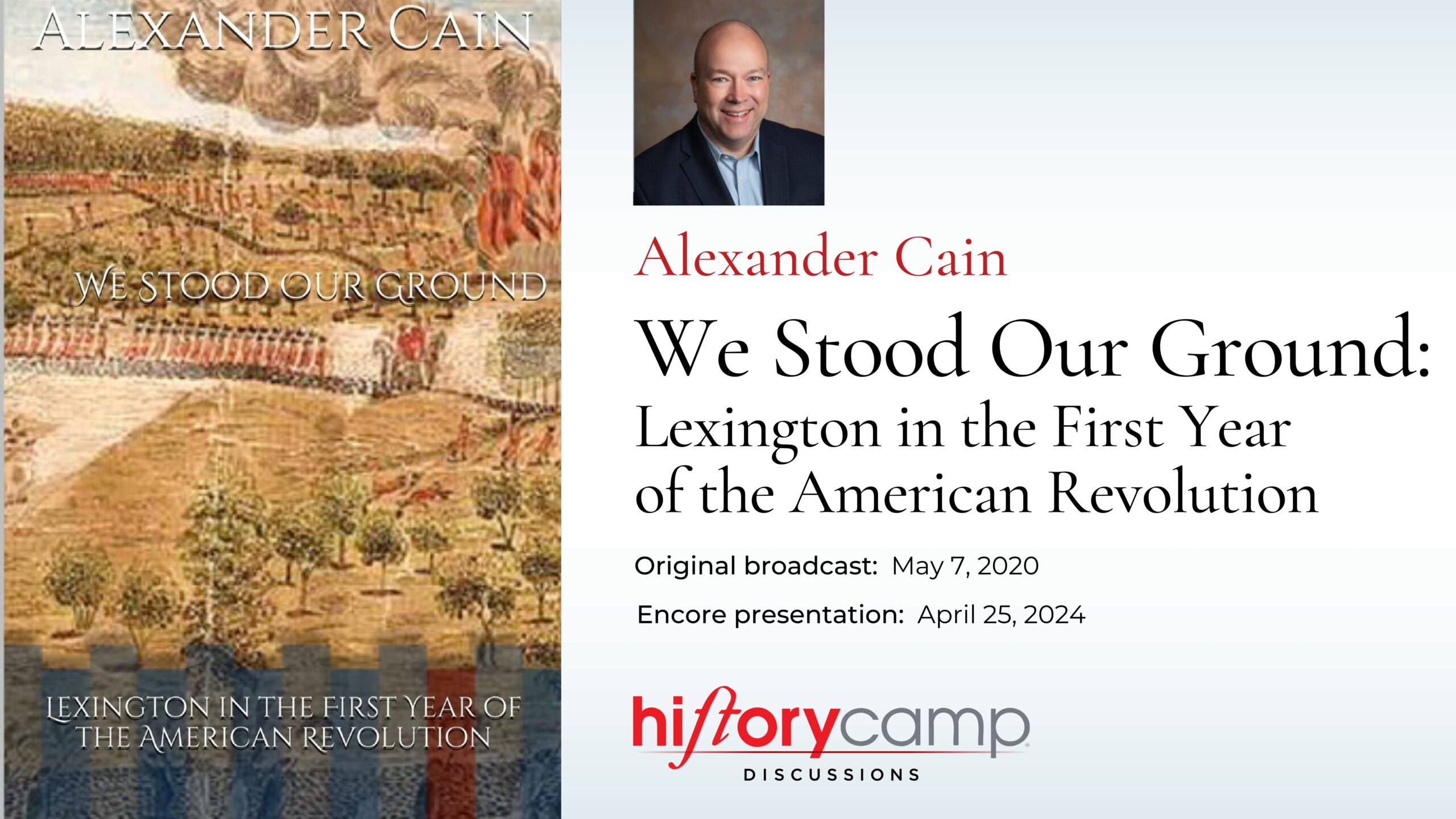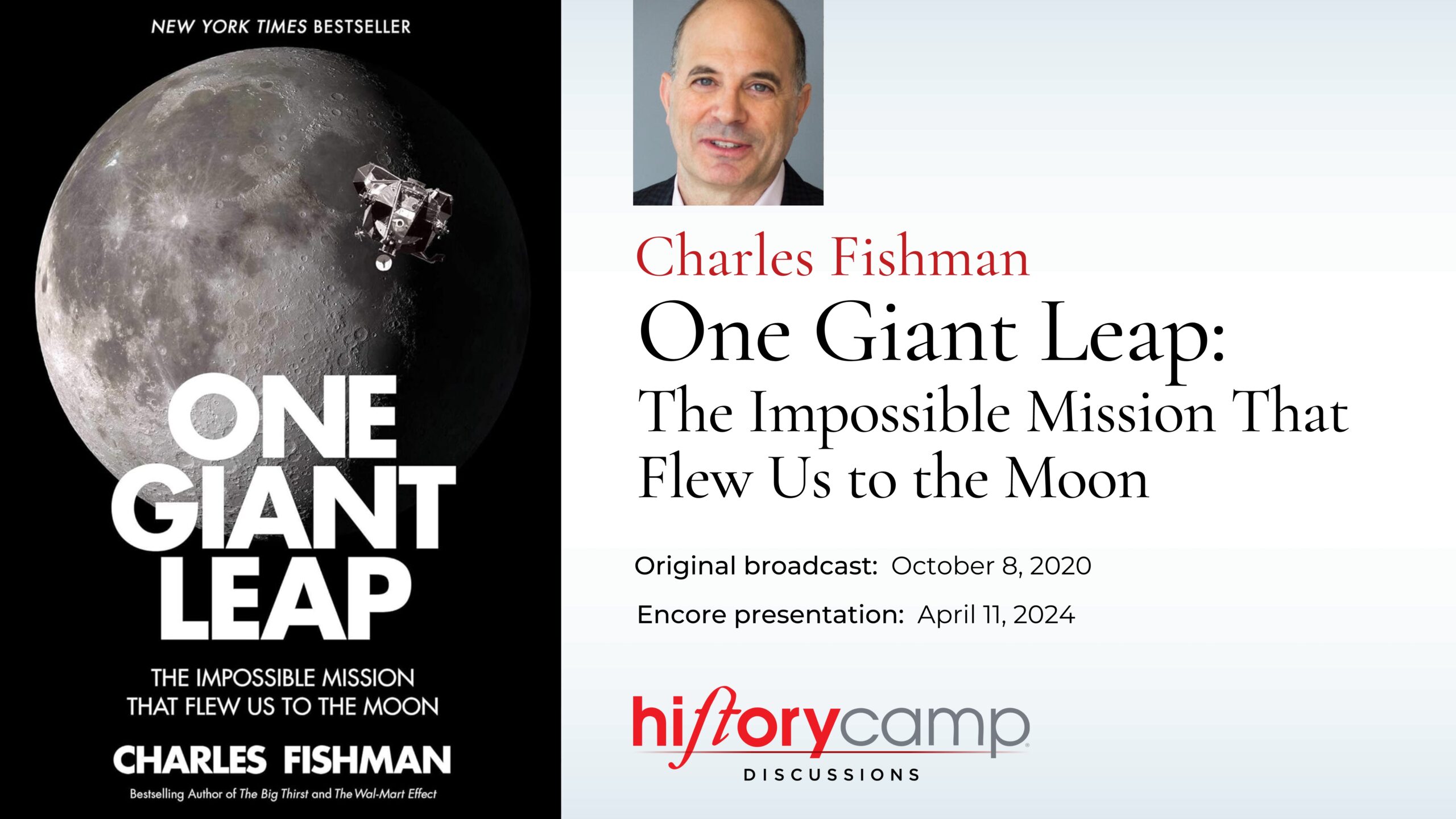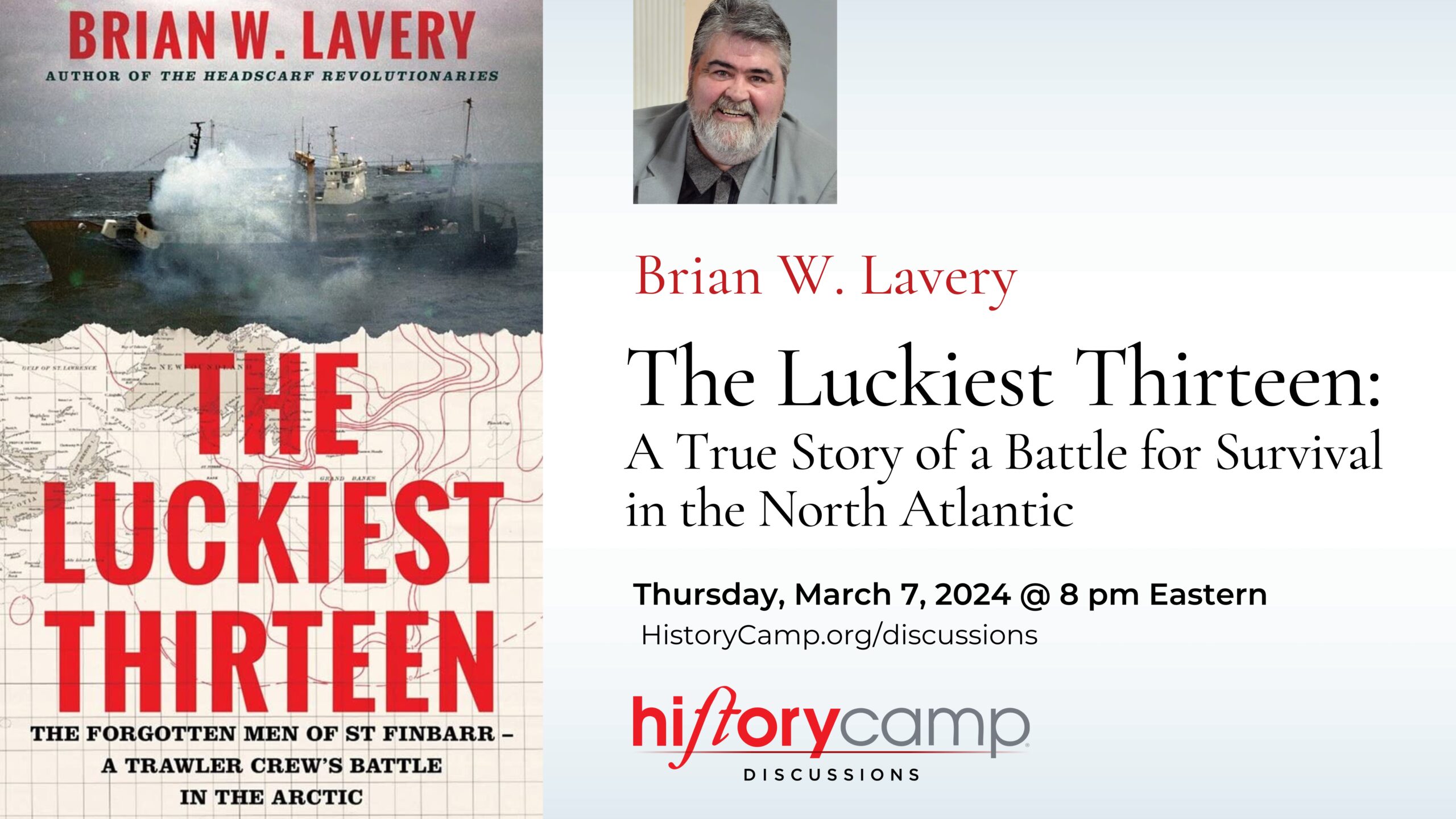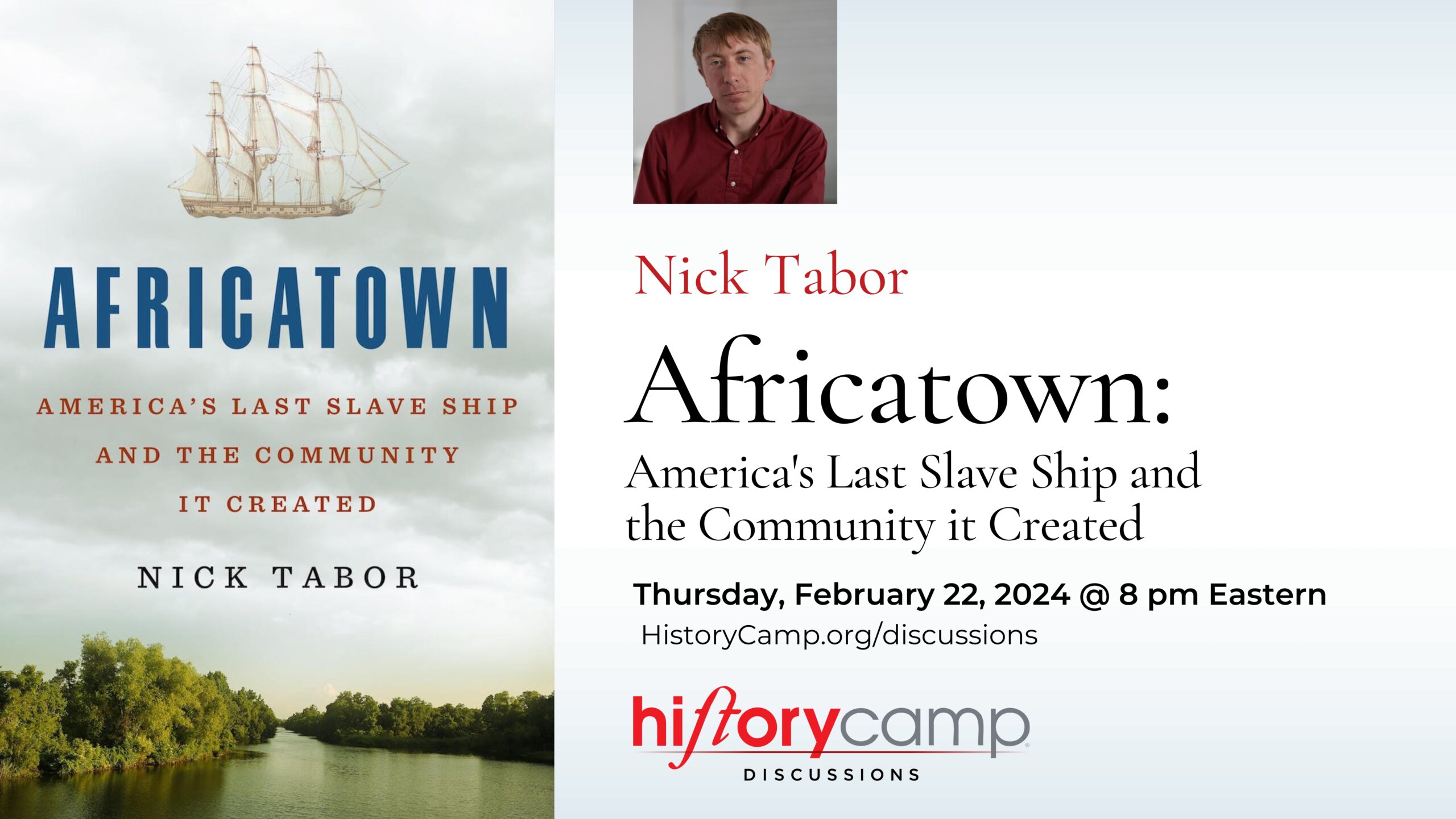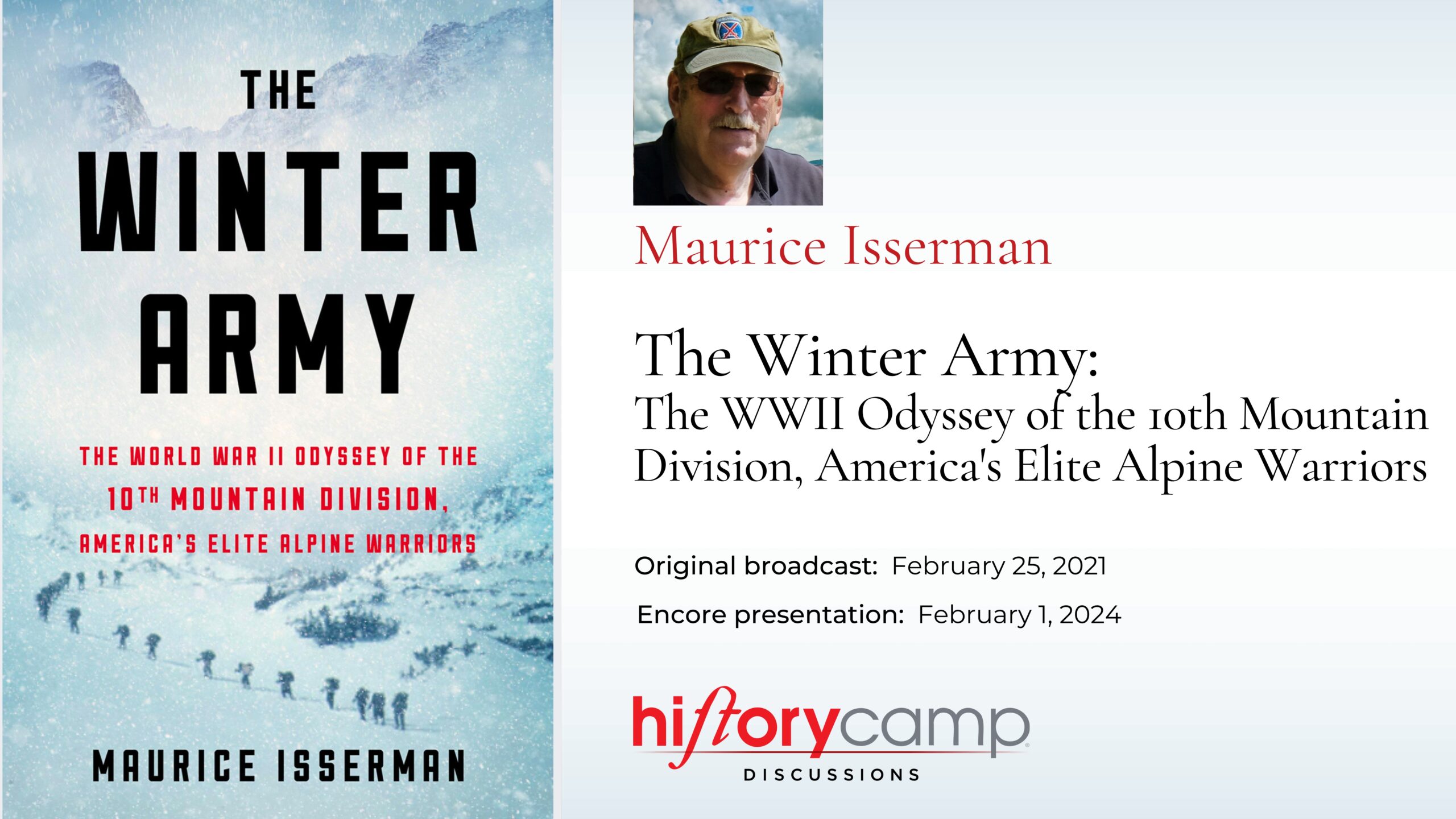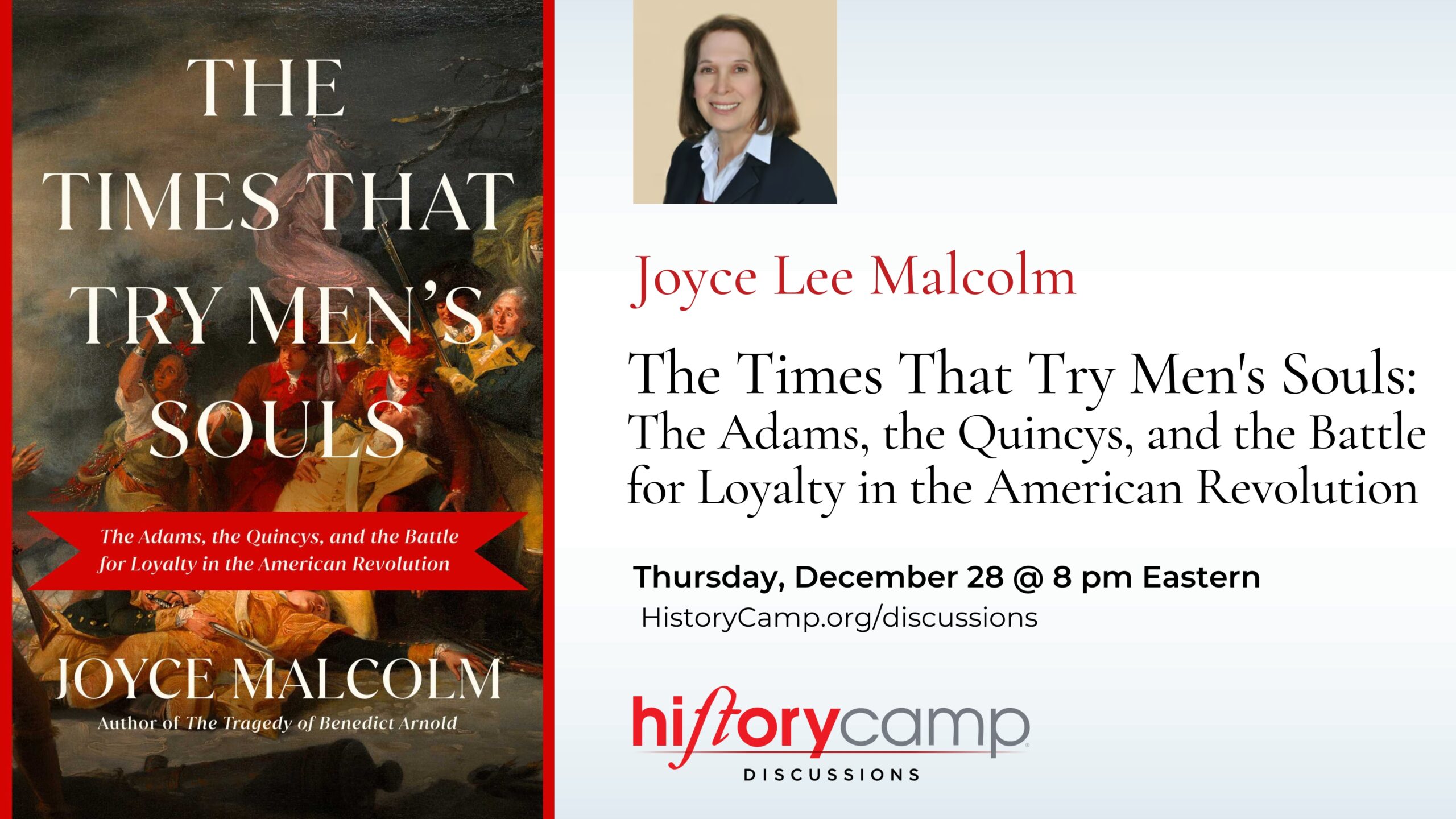Jeffrey R. Kerr-Ritchie, PhD
Rebellious Passage: The Creole Revolt and America’s Coastal Slave Trade
Jeffrey R. Kerr-Ritchie, PhD, historian and author on his new book, Rebellious Passage: The Creole Revolt and America’s Coastal Slave Trade, which discusses the successful revolt of slaves being transported from Richmond, VA to New Orleans, LA on the Creole in 1841, long after the Atlantic slave trade had been abolished.
[Publisher’s excerpt.]
In late October 1841, the Creole left Richmond with 137 slaves bound for New Orleans. It arrived five weeks later minus the Captain, one passenger, and most of the captives. Nineteen rebels had seized the US slave ship en route and steered it to the British Bahamas where the slaves gained their liberty.
Drawing upon a sweeping array of previously unexamined state, federal, and British colonial sources, Rebellious Passage examines the neglected maritime dimensions of the extensive US slave trade and slave revolt. The focus on south-to-south self-emancipators at sea differs from the familiar narrative of south-to-north fugitive slaves over land. Moreover, a broader hemispheric framework of clashing slavery and antislavery empires replaces an emphasis on US antebellum sectional rivalry. Written with verve and commitment, Rebellious Passage chronicles the first comprehensive history of the ship revolt, its consequences, and its relevance to global modern slavery.
[Recorded September 23, 2021.]
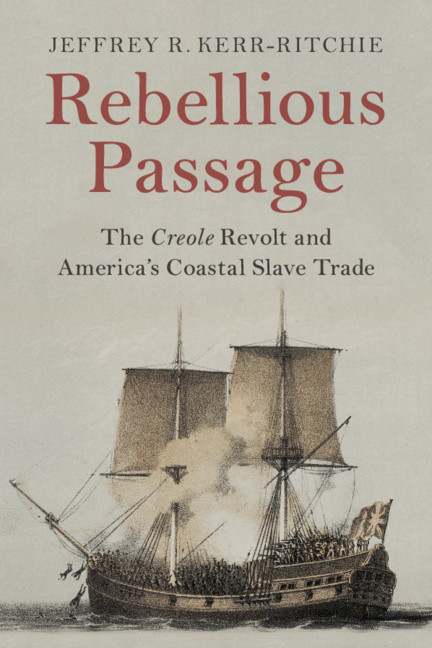

Jeffrey R. Kerr-Ritchie, PhD, (profiles.howard.edu) is Professor of History at Howard University, Washington DC, and author of Freedpeople in the Tobacco South: Virginia, 1860–1900 (1999); Rites of August First: Emancipation Day in the Black Atlantic World (2007); Freedom’s Seekers: Essays on Comparative Emancipation (2014); and Rebellious Passage: The Creole Revolt and America’s Coastal Slave Trade (2019).












